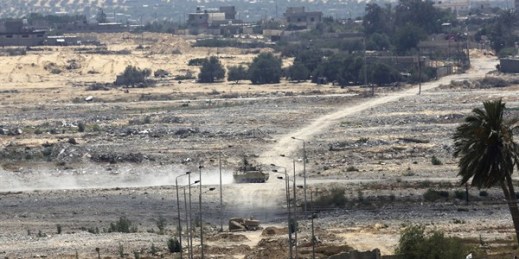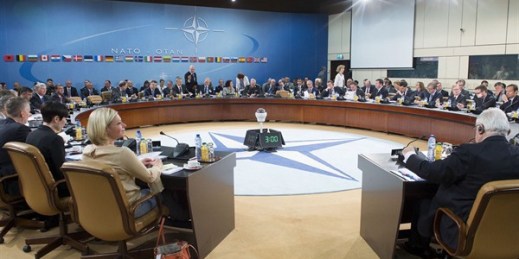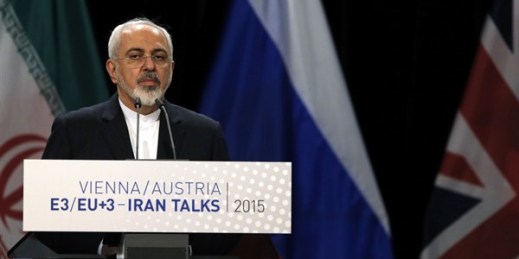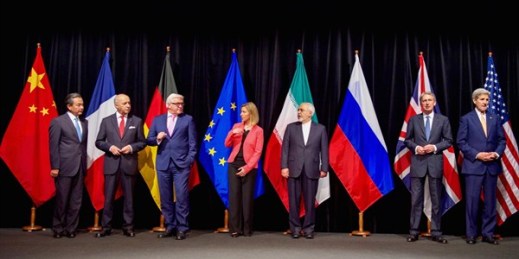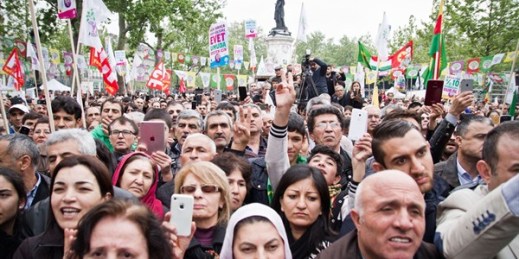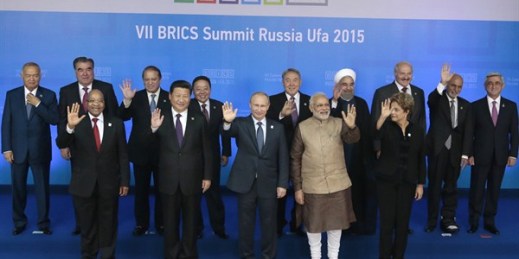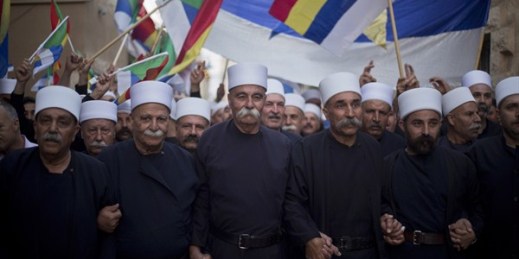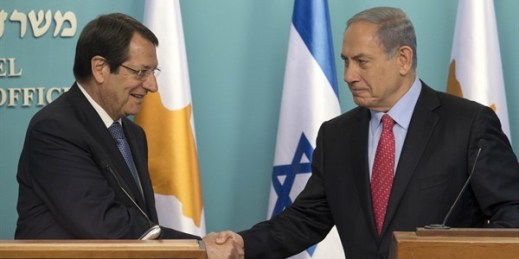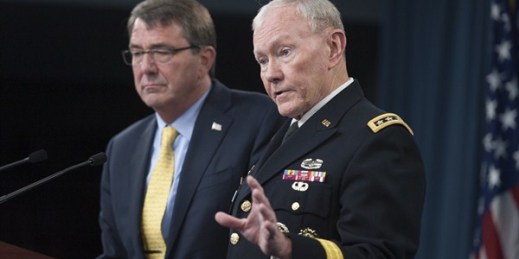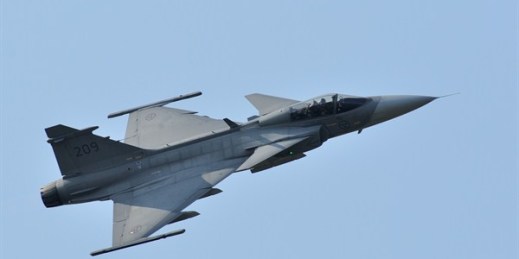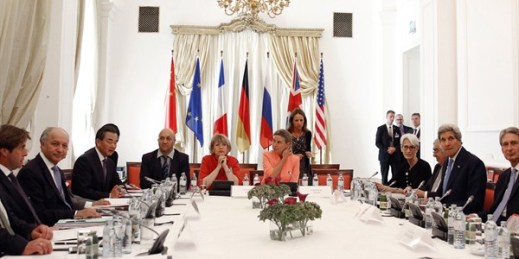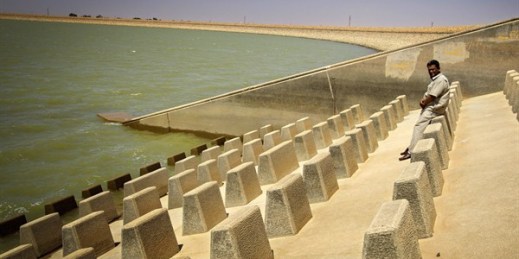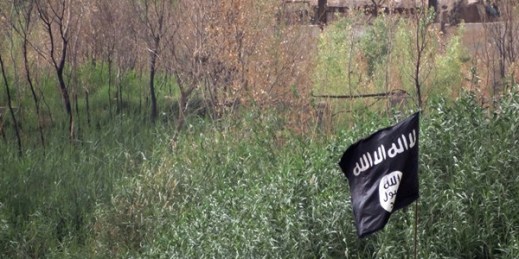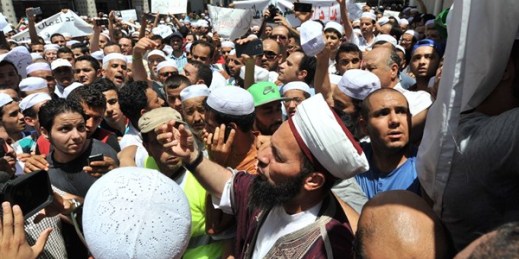
Last week, at least 22 Algerians died in clashes between ethnic Arabs and Berbers in the oasis city of Ghardaia, where tensions have grown for the last two years between the two communities over jobs, housing and land. In an email interview, Dalia Ghanem-Yazbeck, a research analyst at the Carnegie Middle East Center, discussed ethnic violence in Algeria. WPR: What are the reasons behind the violent clashes between Arabs and Berbers in recent years? Dalia Ghanem-Yazbeck: The conflict between the Arabs and Berbers in Algeria dates back to 1975, when clashes broke out between the two communities for unknown reasons. […]

